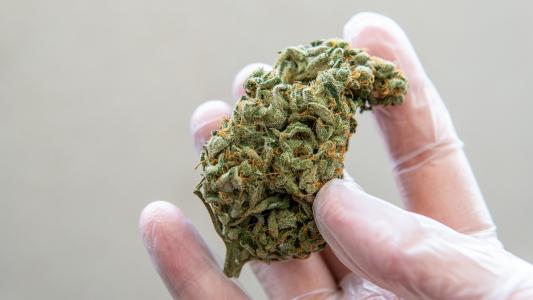Not only is Alzheimer’s disease incurable, it’s also incredibly difficult to diagnose — there’s no one test for it, and symptoms vary from patient to patient.
Now, scientists have developed an artificial intelligence (AI) algorithm that’s better than the average expert neurologist at making an Alzheimer’s diagnosis — a development with the potential to improve healthcare for countless people.
AI for Alzheimer’s Diagnosis
Currently, doctors must consider a host of factors when making an Alzheimer’s diagnosis: a patient’s medical and family history, their cognitive function, the appearances of their brain in MRI scans, etc.
Even with all of that data in hand, the Alzheimer’s diagnosis is still subjective — two experts might look at the same information and draw different conclusions.
This new algorithm eliminates some of that subjectivity.
If computer models can detect the disease accurately, lives can be saved.
Vijaya Kolachalama
To train the algorithm to make an accurate Alzheimer’s diagnosis, scientists fed it data from the Alzheimer’s Disease Neuroimaging Initiative. This data included patients’ MRI scans, basic demographic information, and scores from a test used to measure cognitive impairment.
After training and testing the AI on that dataset, the scientists then verified it using data from three other national cohorts, which included data both from people who had received an Alzheimer’s diagnosis and those with normal cognition.
According to the team’s paper, published in the journal Brain, the AI “displayed good predictive performance, yielding high and consistent values on all the test datasets.”
To add another layer of validation, the scientists asked 11 neurologists to evaluate the same kinds of data from 80 patients (who weren’t included in the AI’s training or validation) and decide whether they would diagnose the patient with Alzheimer’s.
The researchers averaged the neurologists’ accuracy and compared it to the AI’s evaluation of the same data — and found that the AI was slightly more accurate than the neurologists.
A New Diagnostic Tool
The key takeaway of the study, according to researcher Vijaya Kolachalama, is that AI can use existing data to produce accurate diagnoses — and not just for an Alzheimer’s diagnosis.
“This can be easily adaptable to process other medical-imaging data, such as CT scans and X-rays,” he said in a news release. “It can also be extended to analyze images from other organs in the body and develop predictive models to diagnose other diseases.”
The use of AI could reduce the prevalence of errors during the diagnostic process, which the scientists say result in an estimated 40,000 to 80,000 deaths per year. It could also provide accurate diagnoses to people in places with a dearth of specialists, Kolachalama added.
“If computer models can detect the disease accurately,” he said, “lives can be saved, cost burden will be lowered, and care will be provided in a timely fashion.”
We’d love to hear from you! If you have a comment about this article or if you have a tip for a future Freethink story, please email us at tips@freethink.com.
